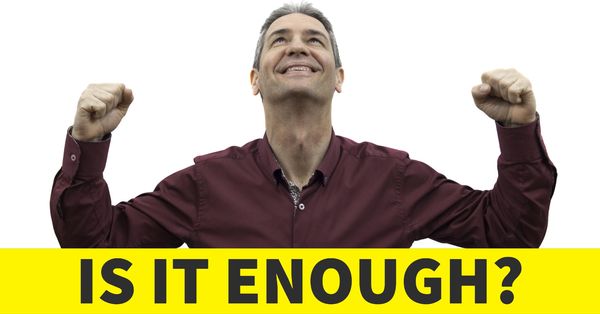
Susie Ferguson: Landlords are welcoming new meth testing and contamination standards for residential properties, saying millions of dollars are being wasted on unnecessary cleanups.
The previous Ministry of Health
guidelines were criticised for being far too low, resulting in unnecessary evictions of tenants and costly cleanups. Now these new standards came into effect yesterday.
They limit contamination to 1.5 micrograms per 100 square centimetres for bedrooms, living areas, kitchens, sheds and garages, and that’s up from 0.5 micrograms. Let’s talk further about this with Andrew King, he’s the Executive Officer of the Property Investors’ Federation
. Good morning.
Full Audio Interview (transcription below):
Andrew King: Oh, good morning, Susie.
Susie Ferguson: Are these standards at the right level now?
Andrew King: Well look, there’s certainly an improvement. But I can understand why the general public is really concerned about the level of meth. I think if you’ve been told that something could be toxic to your health, then a lot of people would not want anything to do with it.
But what I think they need to realise about the previous levels and these levels, is that scientists have looked at what level of meth will cause no harm at all.
And then they’ve divided that by 300 to provide a safety factor. So, that’s the level of meth that we had previous at 0.5. It’s now 1.5, so it’s still a very, very conservative figure and no way will it have any effect on people’s health.
Susie Ferguson: So from that perspective, is this putting it more about places that meth might have been cooked as opposed to where meth might have been used?
Andrew King: Yes, but it’s difficult actually to determine whether a place has been smoked in, or whether it has actually been cooked in or manufactured in. The scientists are saying that the ways that people are cooking meth are changing. And they can contain some of the other chemicals that they use in the production.
And so, it’s getting quite difficult to say, “Yes, this place was only smoked in. Yes, this place was manufactured.” And because it’s very difficult to determine that, it’s difficult to say, “Yes, it’s been manufactured, therefore there’s a bigger problem than if it was just smoked.”
Susie Ferguson: And what is the situation regarding testing and cleanup at the moment? Because I guess landlords may want to check out their properties, but the difficulty here is that a lot of the places that do the testing also offer to do the cleaning. It feels like that could be a bit of rot.
Andrew King: Yeah, well that’s exactly right. And there was some concern about conflict of interest in this industry. And with some companies who were doing the sampling, and then saying, “Hey, we happen to have found that it’s over.”
And they were using perhaps some techniques that would inflate the level that was there, and then they would say, “Look, we also happen to be cleaners as well, and we can do that for you at the same time.
” So, the standard does have in it that there are restrictions on that, to provide so that people can be confident that people who do come along and do this sampling… the way that they do it is standardised.
There shouldn’t be any way of inflating any result or getting the result wrong. But also, there can’t be any conflict of interest between the person who does the testing and the one who does the cleaning.
Susie Ferguson: Is this the sort of thing that should be made, I suppose, really straightforward for people who are looking to rent somewhere, that this should be something that all landlords should do between tenants, do the testing?
Andrew King: I think it’s going to be the insurance companies
who determine it. They may be coming out and saying that there’s no insurance cover unless you do a meth test. And also they’re just determining whether the place is clean and then saying, “All right, when the tenant moved in it was clean. Now it’s not.
We now know that the tenant had something… this particular tenant had something to do with it,” is a good way of protecting the landlord, actually. The other thing we need to remember though is that meth is getting to be everywhere.
It’s sort of like… there are elements like arsenic in the soil and in the water and things that naturally occur which would do us harm, but they’re at such low levels that we don’t need to worry about them. And meth is kind of like that. It’s on bank notes and things like that, so it is going to be sort of everywhere.
People are going to be touching very, very small levels of meth and it’s going to be introduced into people’s homes. So, I think we also need a public education, I suppose so that people don’t fear it and just think that because they may be in contact in meth that somehow their health is going to be affected.
Susie Ferguson: I appreciate your time, Andrew. Andrew King there, the Executive Officer of the Property Investors’ Federation.
Source: Radio New Zealand
P.S. Do you know of other people that will find this article useful? Please share it on social media. Thank you!